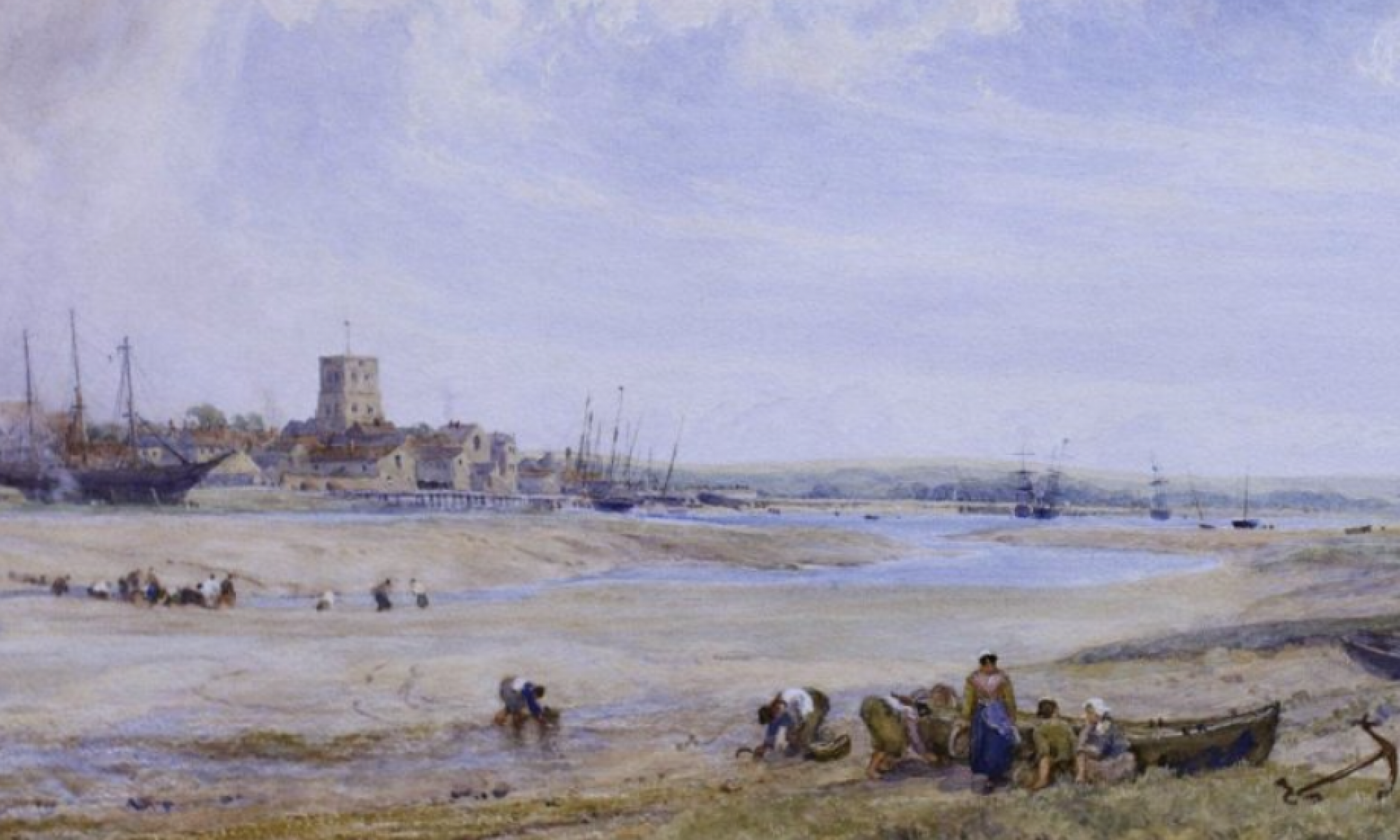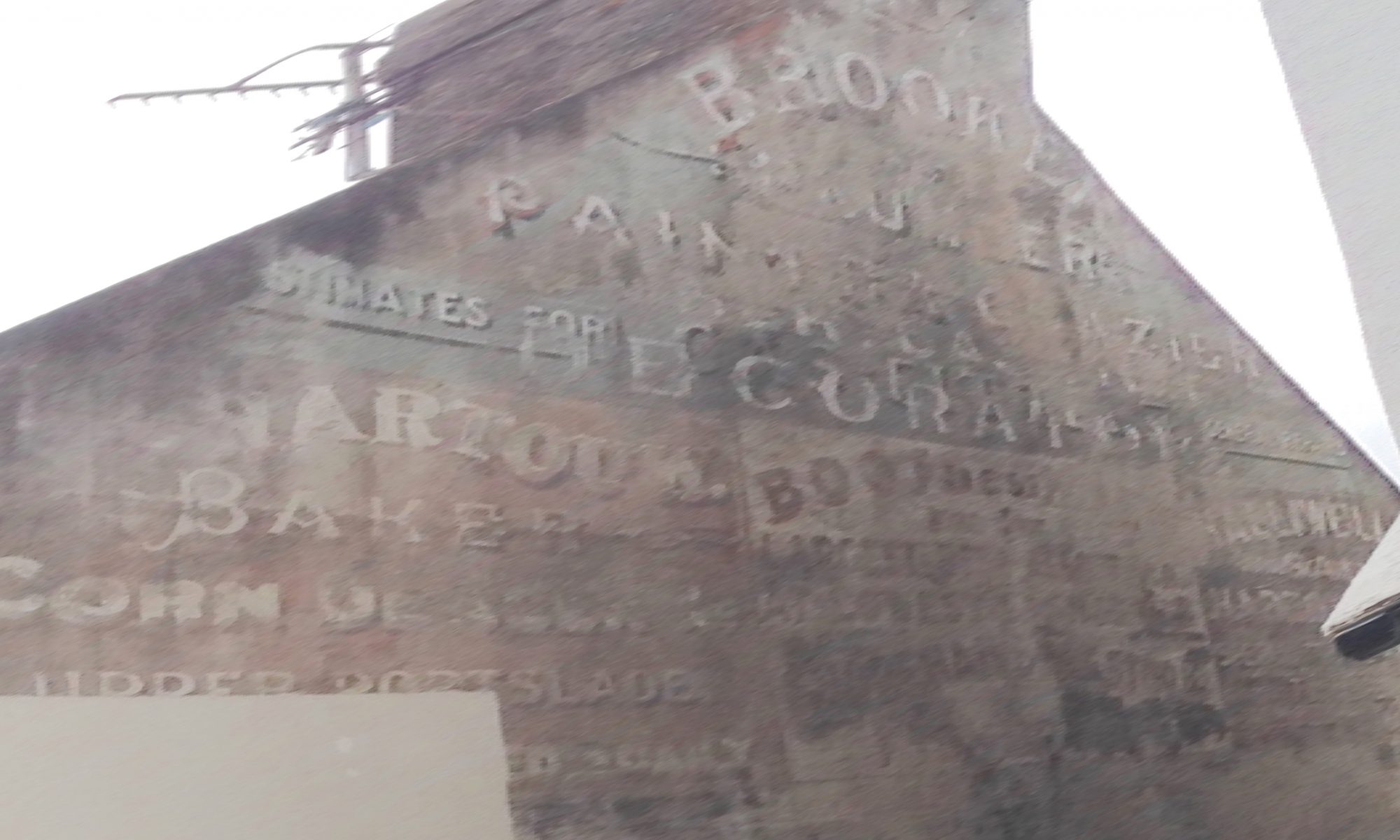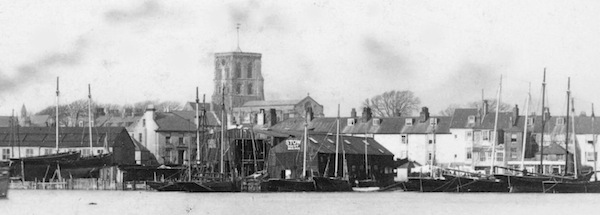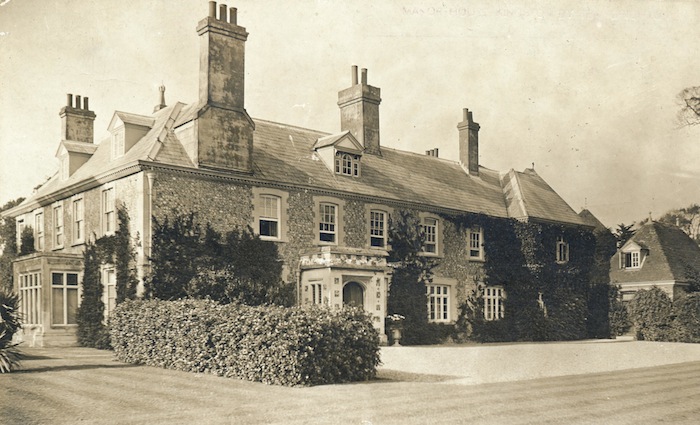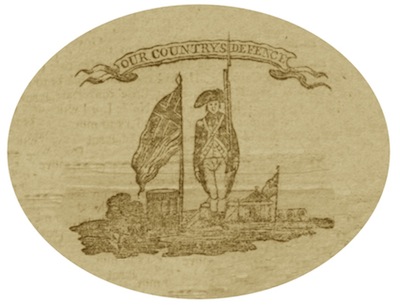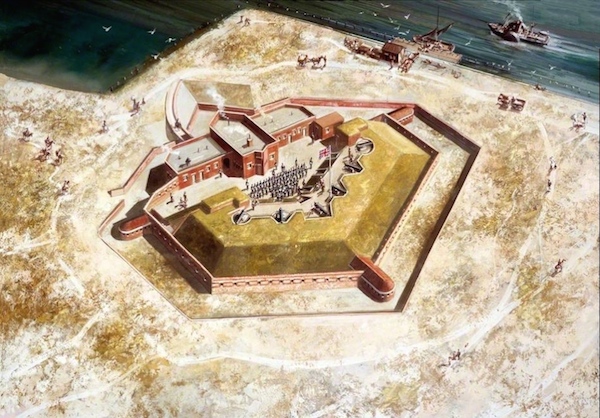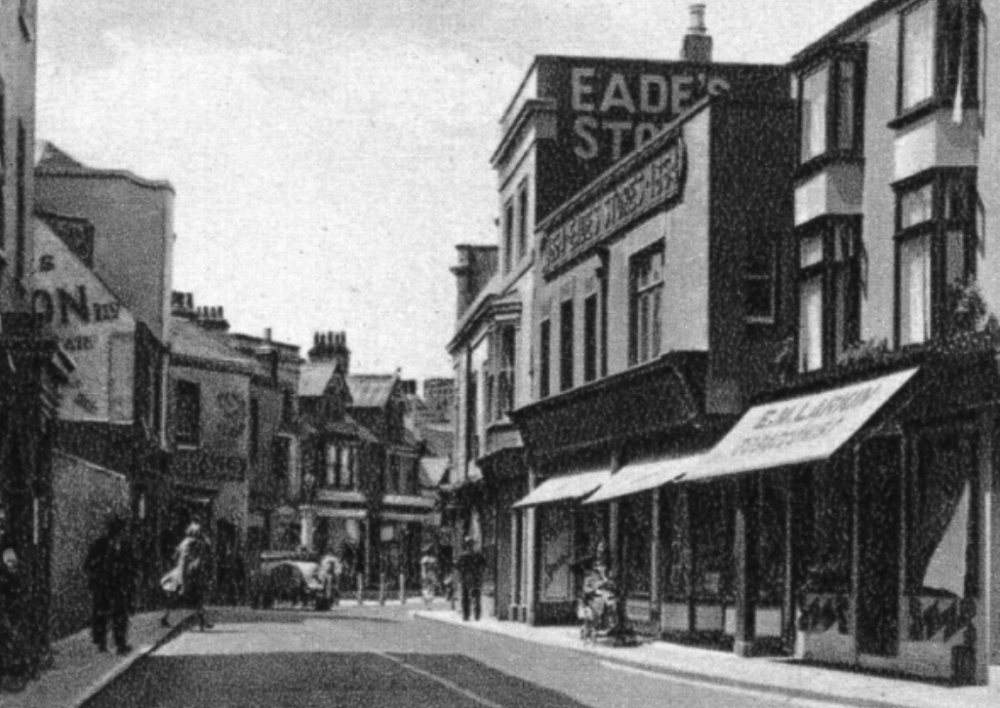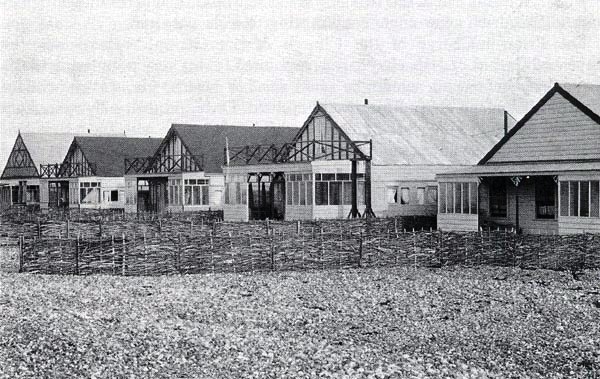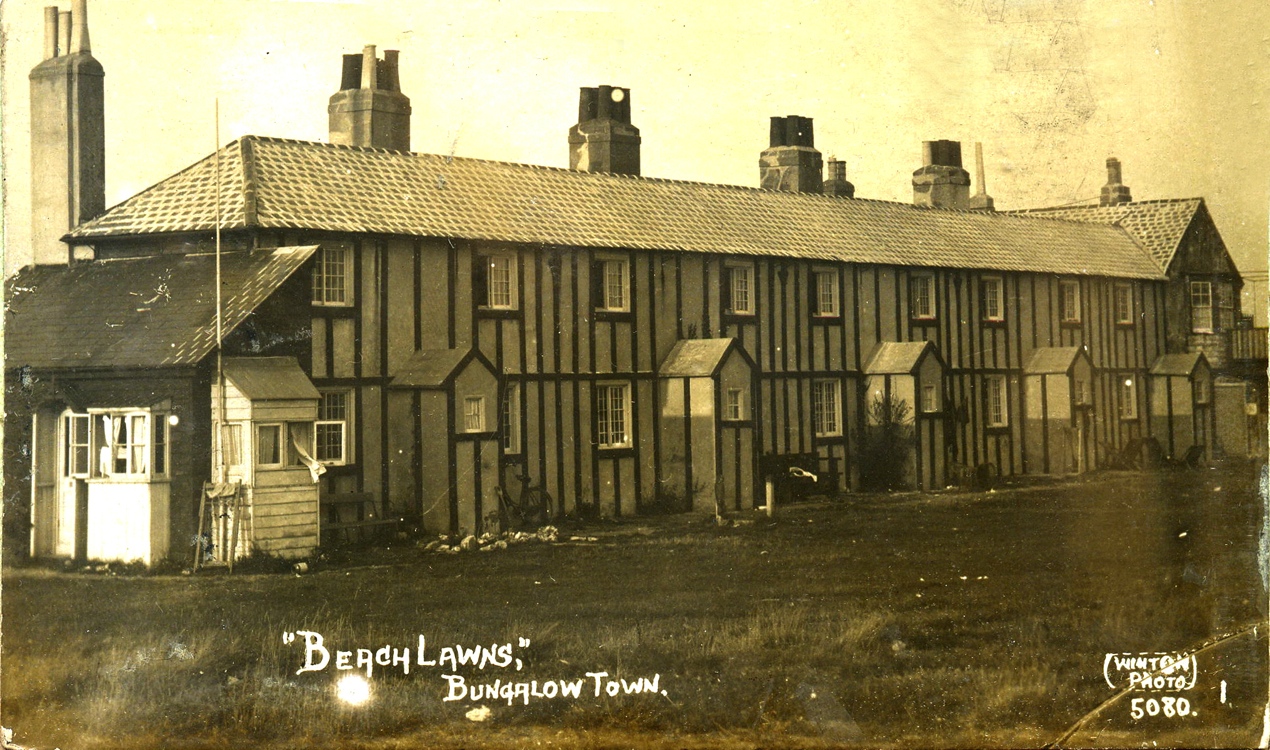19th Century Wall Advertisements in John Street
During the 19th and early 20th centuries it was common practice for the commercial areas of most towns and cities to have advertisements painted on the walls of business premises and shops, some were of a high quality, almost works of art. Over the years since most signs have disappeared through overpainting or weather erosion but some still remain. Nowadays they are more appreciated for their historic and artistic value and efforts tend to be made to preserve them. Commonly known now as ghost signs they once appeared most everywhere in Shoreham’s High Street but less so on premises in side streets such as the Beehive pub in North Street and the Burrell Arms Hotel in Brunswick Road. Continue reading “Wall Advertisements”
